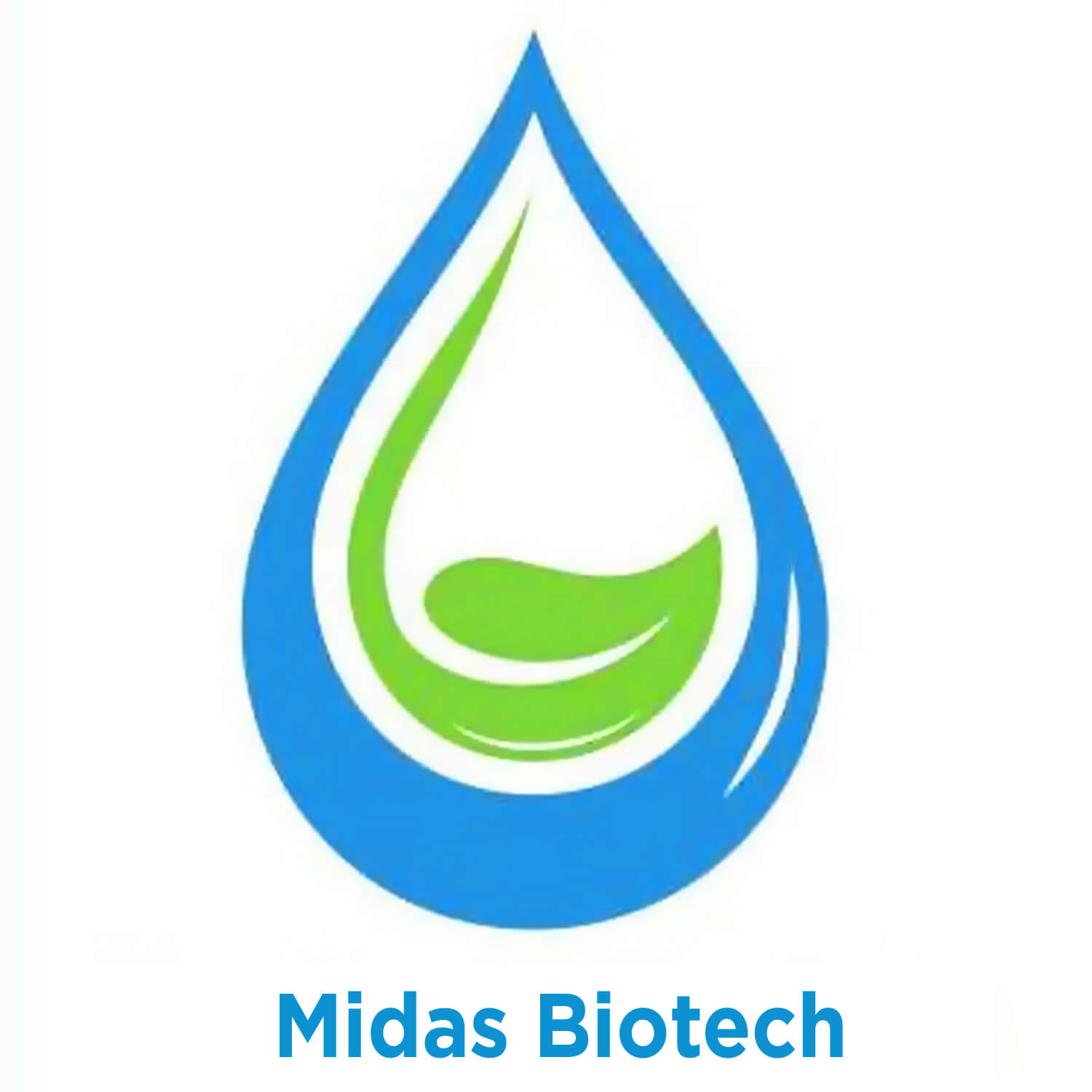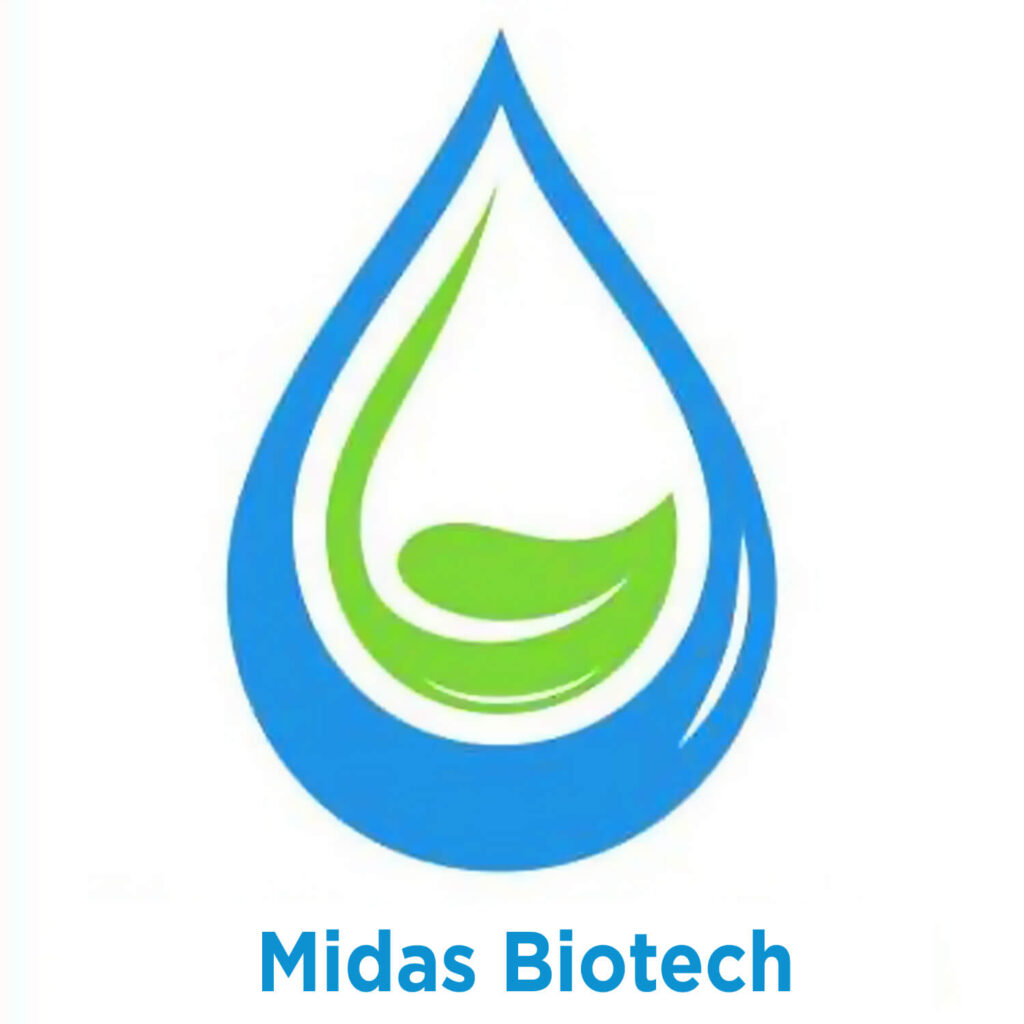Dehydrated Castor Oil (D.C.O.)

Castor Oil is a non-drying oil that is converted by dehydration into a drying oil when the hydroxyl group and adjacent hydrogen are removed from each ricinoleic acid chain by action of an acid catalyst at 230–260°C under an inert atmosphere or vacuum.
Dehydrated castor oil is now recognized as an individual drying oil with its own characteristic properties and advantages. The drying oils owe their value as raw materials for decorative and protective coatings to their ability to polymerize or “dry” after they have been applied to a surface to form tough, adherent, impervious, and abrasion resistance films. The advantages claimed in surface coating applications include excellent odour and heat bleachability, good drying properties, more uniform polymer structure, and lack of after-yellowing.
Dehydrated Castor Oil is suitable as an odourless and low yellowing alternative to linseed oil.
| Sr. No. | Characteristics | Specifications |
|---|---|---|
| 1 | Appearance | Viscous liquid |
| 2 | Colour Gardner | Max. 6.0 |
| 3 | Acid value | Max. 5.0 |
| 4 | Hydroxyl value (mg KOH/gm) | Max. 25.0 |
| 5 | Iodine value | Min. 123 |
| 6 | Saponification value mg KOH/gm | 185 – 194 |
| 7 | Viscosity @ 30°C | 1.6 to 2.5 (poise 61 sec B4 cup) |
| 8 | Viscosity Gardner | G – J |
INDUSTRIAL – Production of non-yellowing resins, coatings and varnishes
- Primary binder for house paints, enamels, caulk sealant and making varnishes
- Improves gloss, flexibility, adhesion and flow
It is recommended that Dehydrated Castor Oil (H.C.O.) be kept in a cool, dark place to maintain freshness and achieve maximum shelf life.
Packing – Packing – 950 KG IBC tanks I 200 KG MS/HDPE Barrels

